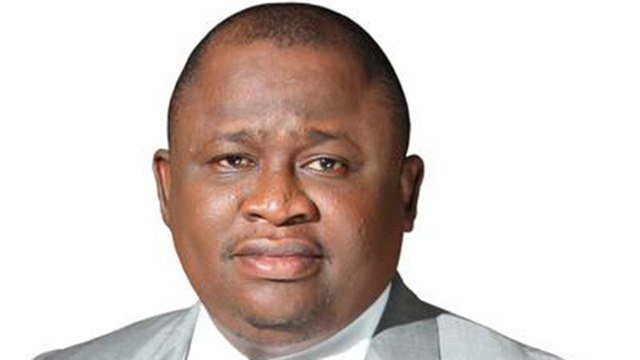SIR: The recent proposal by Professor Pat Utomi to form a 39-man shadow cabinet for Nigeria is designed to interrogate government policies on critical national issues such as security, education, health, justice system, productivity, accountability and management of the economy.
Each of the shadow team members would come up regularly, say, every two weeks to X-ray an aspect of government policy that he has studied. Pat Utomi described it as “a structured way of asking government to be more accountable” which is imperative in a functional social democracy.
Surprisingly, the Department of State Services (DSS) filed a suit at a Federal High Court, Abuja, challenging the constitutionality of the shadow cabinet project. The secret police claimed that the shadow cabinet could destabilise the country, incite political unrest and threaten national security by creating chaos.
In view of grave issues raised by the DSS, it becomes necessary to place the concept of shadow cabinet in proper perspective. First of all, a shadow cabinet is not an alternate government as insinuated by the DSS. Government is the instrument, which the state employs to achieve its will. It provides the machinery through which the will of states are formulated, expressed and administered. The major arms of government are Legislature, Executive and Judiciary but shadow cabinet is none of these.
According to UK Parliament online, “the shadow cabinet is the team of senior spokespeople chosen by the leader of the opposition to mirror the cabinet in government. Each member of the shadow cabinet is appointed to lead on a specific policy area for their party and to question and challenge their counterpart in the cabinet.”
The absence of official opposition in the presidential system of government in Nigeria poses grave dangers given its proclivity towards dictatorship particularly in an environment where monarchy was the predominant system of government for centuries.
The tendency is that any individual or group that speaks out is perceived as an enemy of the government in power. This was the case during the period of military rule and this mental disposition to criticism should not be allowed to continue in a democratic dispensation.
During the First Republic (1960-1966), a virile opposition kept the government on its toes. The same tendency occurred during the Second Republic (1979-1983) even though the presidential system was operative.
Unlike the U.S., where the White House conducts daily media briefing and answers questions from journalists, there is no such opportunity to ask questions about day to day activities of government in Nigeria. Unlike robust debates about government policies and action in the U.S., the Nigerian National Assembly (NASS) hardly questions government policies and programmes.
The role of shadow cabinet is as old as Nigeria’s democracy. As far back as 1960, in his autobiography entitled Awo: The Autobiography of Chief Obafemi Awolowo, the sage, arguably the most cerebral politician that Nigeria has ever had, made elaborate recommendations on how to build shadow cabinet in the country.
Chris O. O. Biose wrote via [email protected]






